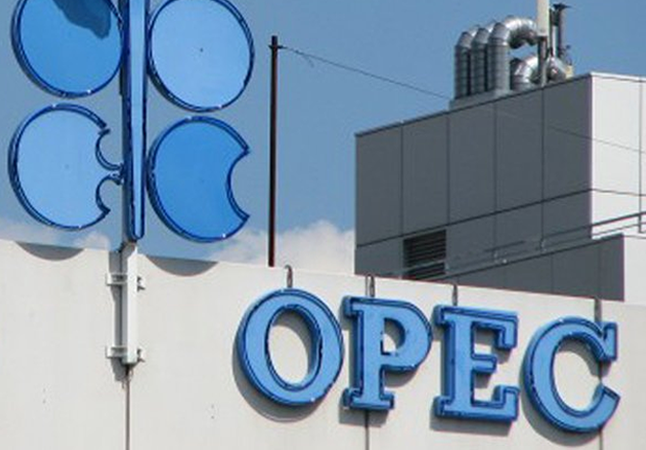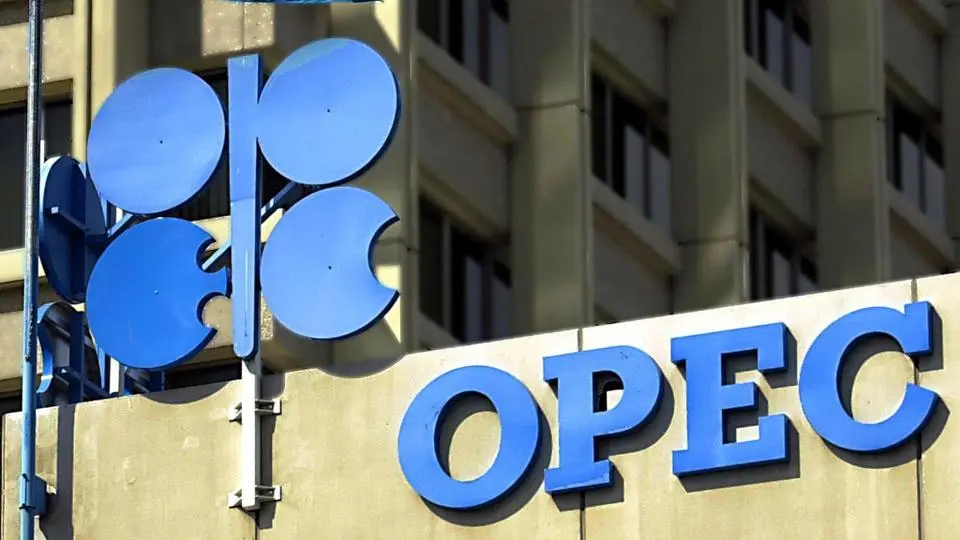The Organisation of Petroleum Exporting Countries (OPEC) says taxes imposed by major oil-consuming countries are the primary driver of increased fuel costs.
In a statement on Tuesday, Haitham Al Ghais, secretary-general of OPEC, said a common narrative is that every increase in crude price raises costs of petrol, diesel and other petroleum products, to the detriment of consumers.
He said this narrative can lead to finger pointing and pit consumers against producers, rather than acknowledge that all are stakeholders in the energy industry, with legitimate needs and concerns. Furthermore, this narrative does not tally with the facts.

“It is important to recognize that the price paid by consumers at the pump is determined by a number of factors: the price of crude oil, refining, transportation and marketing costs, oil company margins and taxes. Breaking this down provides some enlightening insights and figures.”
READ MORE: Tinubu’s Government Plans to Obtain $1.7bn Loan from World Bank—Report
He said revenue can indeed be generated, but analysis shows that they are earned primarily by major oil consuming countries through taxation.For example, Al Ghais said the Organisation for Economic Cooperation and Development (OECD) earn far more revenue from the retail sale of petroleum products than OPEC countries make from the original sale of their oil.
“From 2019 to 2023, OECD economies earned on average about $1.915 trillion/year more (based on weighted average prices) from retail sales of petroleum products than OPEC Member Countries made from oil revenues. A significant amount of the final retail prices of petroleum products is attributed to taxation,” he said.
Follow the Parallel Facts channel on WhatsApp: https://whatsapp.com/channel/0029VaCQSAoHgZWiDjR3Kn2E









Leave a Reply